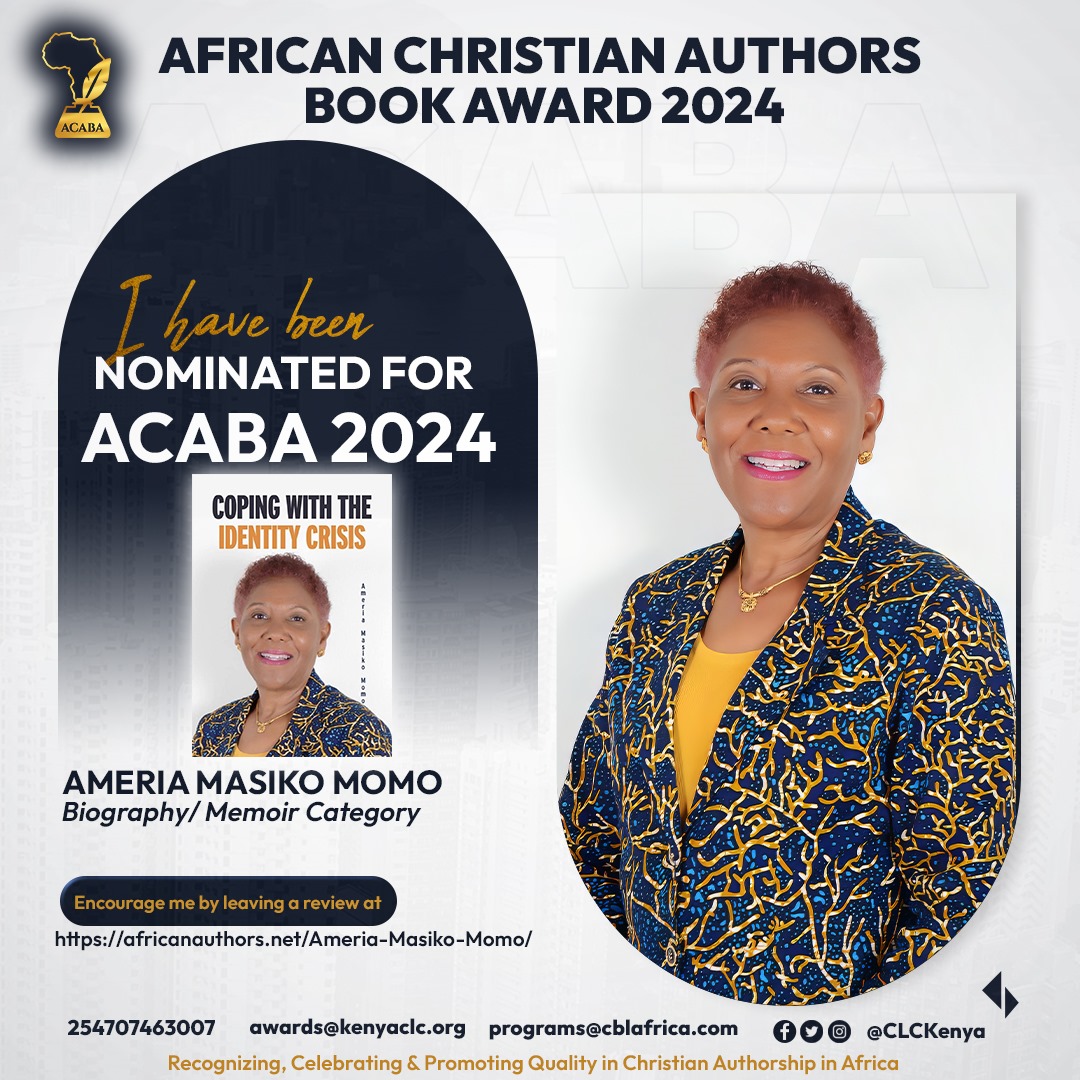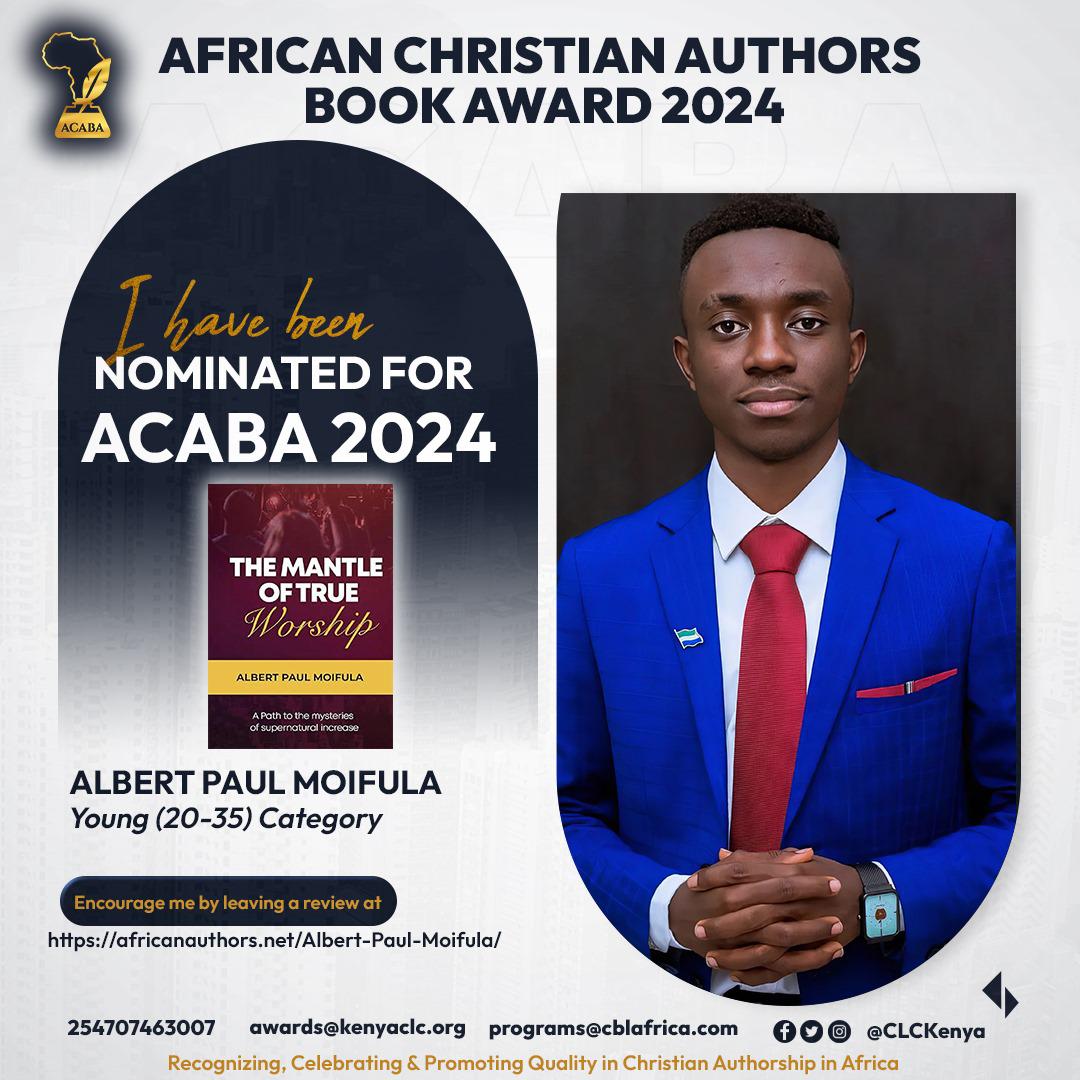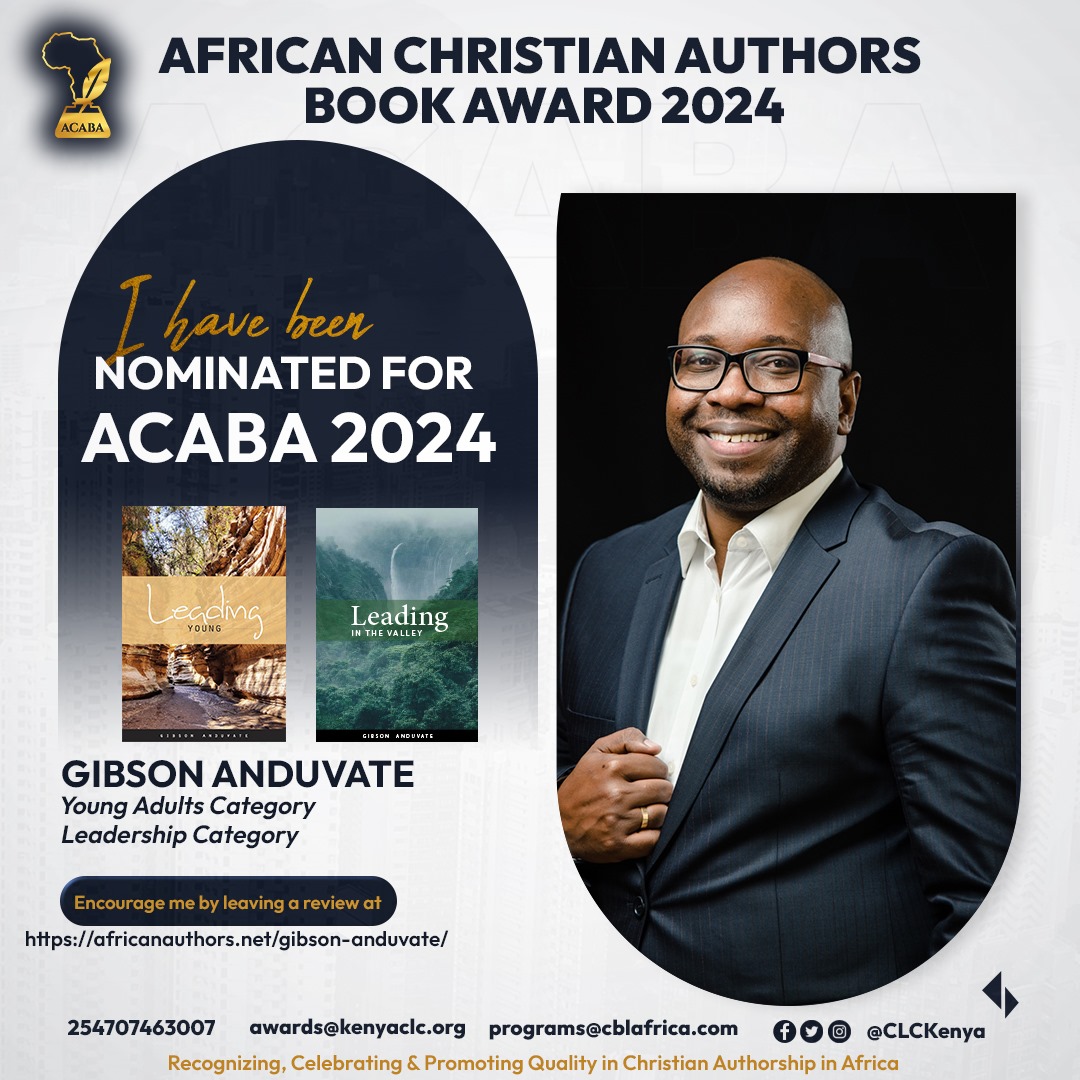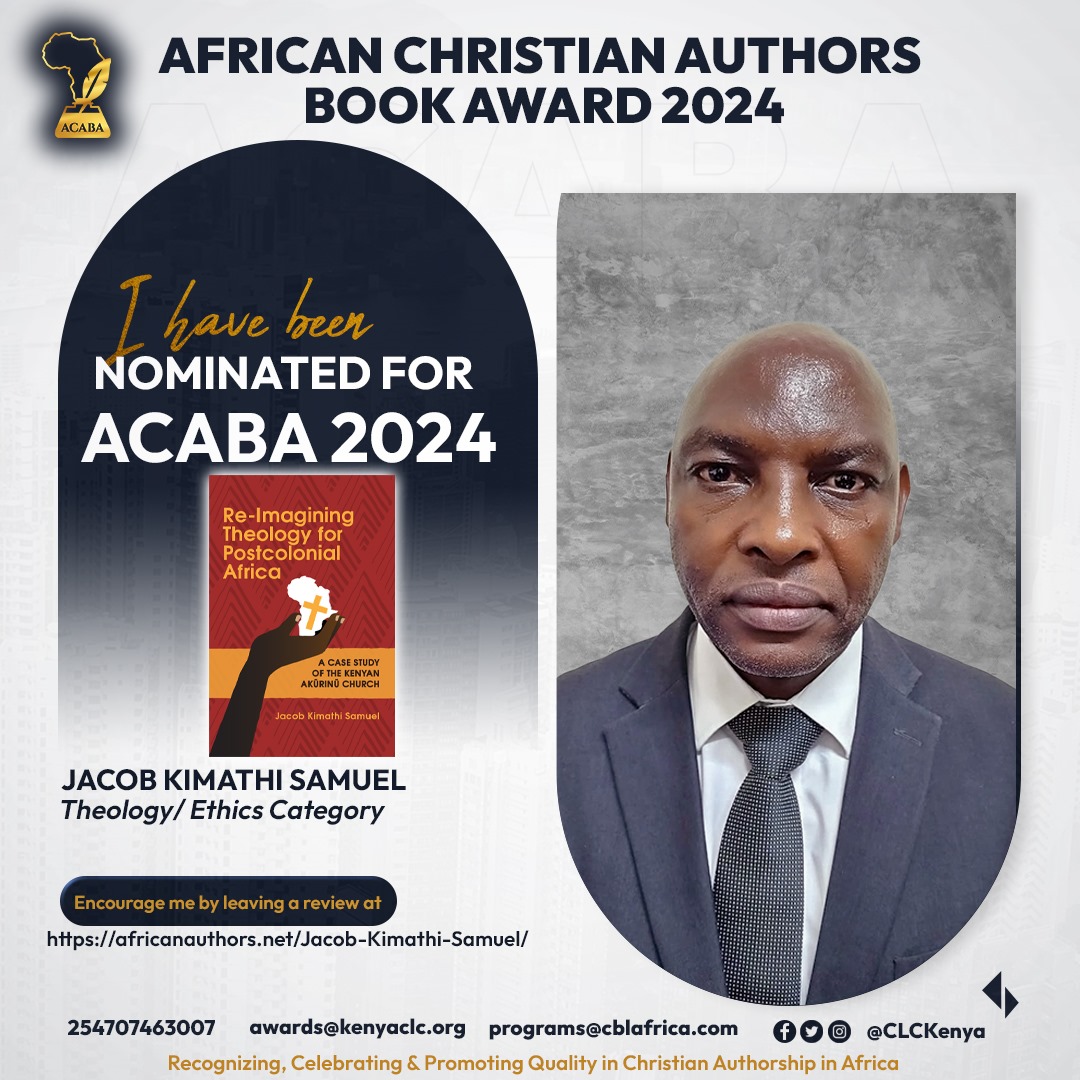Ms. Ameria Momo Masiko; is a Nalubale Medalist (a medal given to Ugandan civilians activists who have contributed to the political development of the nation). Her legislative advocacy played a pivotal role in legislative reforms such as the Money Lenders Act. She holds a master’s degree in management studies with a bias in finance.
Ms. Momo Masiko is also an Author, mother, mentor, coach, counselor, and administrator who has served in the Non-profit as a founder, the government as a human resources officer, and the private sector as the founder of their family business.
She is involved in ventures that empower women, youth, and the community towards becoming and unleashing their true God-given potential and possibilities.
And not withholding her passion for floriculture, a venture she has found useful in therapy and counseling sessions.
My Writing Journey;
My writing story begins with the need to share with others what I had known from as early as high school, and my growing into writing as a career was when I was allowed to be a columnist writing about flowers and nature something I did with passion until the Newspaper phased out at the death of its proprietary. I have always shared short stories. Since 2000 I wanted to write my story, but I feared being vulnerable by telling my story. I feel confident that it will now help many people battling identity crises. The increasing number of depression, addictions, and other destructive behaviors are affecting many people. My story will give hope and encouragement to many people who have given up on life
My Testimony
At the age of 10 years, I defied the compulsion to learn Islam. I come from a multi-cultural and multi-racial Islamic family. My father was a Christian Indian born to an Indian father and chope mother whose origins were intermarriage between a Munyoro and Langi.
My mother on the other hand was a Moslem Munyankole born to an Afghan father and a Mukiga- Munyankole mother. So, it was a cocktail of racial and cultural diversity that barely gave us belonging to any community grouping identity as we were growing up.
For with such a mix you wonder what kind of belonging we would align with, in a setting and community that predominantly spoke Rukiga. And you are this colored Mukiga! (the local tribe of the community is the Bakiga).
Thus, the label; “Kyotara” which means half cast. This was the stigmatization of one being of a color. And this used to come with a lot of side effects such as mockery because you are of a different color but speaking their dialect.
The first real interaction with the identity crisis was at school. I remember our father who was an Indian – chope Christian (who turned Moslem for a hand in marriage to our mother) taking us to an Indian school at the beginning of our schooling but still we failed to fit in.
Then later the need to nurture us in an Islamic setting transferred us to an Islamic school whose standards he later realized were below his satisfaction.
This saw us enroll in another school which was for the community an all-black school, and it was Christian-oriented. It was from then that I began an inclination to Christianity out of the need to belong. Thus, being aggressive and active is a means to survive.
But the challenges of coping in a community school as an Indian Afghan Mukiga-Chope Munyankole were high. From having to cut off your hair to the alienation; I remember the school headteacher brought scissors and cut off my long and curly hair to make me look like others who barely looked like me. This traumatized my self-image and self-identity.
This later affected my grades and I was forced to repeat a class. It was a tough decision, which was followed by Moslem traditional suggestions from the family whose perception of a Muslim teenage girl at 14 years then was marriage.
But I still defied these intentions as I navigated through all obstacles to becoming a female university graduate at a time when girl child education was sidelined.
Imagine your contemporary cousins being married off after primary seven, and you are still in school. Most people spoke against this saying; “being educated as a girl would only turn me into a prostitute.”
Through high school, being colored with poor grades forced me to become assertive and befriend other girls who were smart in class for a sense of belonging. And this saw me become a part of different clubs and the Scripture Union. It is from then that I made up my mind to be more comfortable with Christianity even though I was coming from a Moslem Indian Arabic Mukiga- Chope Munyankole family.
At the university with my assertiveness, I joined UPM as a woman rights advocate. I got involved in politics because I was seeking to be part of everything that would give me an identity.
This need to have me champion women’s advocacy for education as opposed to early marriages. The UPM movement was involved in the liberation struggle and I did my final exams with tension as those involved were being arrested.
Hence for my involvement, Uganda became a risky place for me to be thereby relocating and seeking asylum in Nairobi, Kenya and when the movement took over power, I returned back home.
It was in an era where a woman at close to 30 years would barely receive respect because they were not married no matter how hard working you would be. And because of society’s expectations from a lady of age, I got married to my lovely husband with whom we began a fruitful family.
He was a Mukiga from a Christian background and I was from an Islamic family. However, with the consideration of my father who was formerly a Christian turned Moslem we were able to get married.
However, I barely enjoyed being married; as my husband fell sick with a sickness that got him depressed and a drunkard for over 35 years of our marriage.
His being ill for 35 years had me become the breadwinner and caretaker of the family.
And to navigate through life better, I started with different businesses from farming to restaurants and other ventures but all failed, yet most of my contemporaries were having the fun of their life with all their boxes seeming to tick.
To make matters worse, I lost my job at 36, yet with a family to take care of in the picture. However, I decided to venture into micro-lending business that was predominantly run by men. And now floriculture, with which I have inspired and impacted the lives and through empowerment and counseling programs.
In 2020 COVID-19 hit the world which saw me lose millions of money and closure of our businesses.
It was in the same year, with the request and encouragement of friends who desired my story to be published to inspire the generations, that I committed to writing the book even with cold feet syndrome because it was being vulnerable with my story and life to be displayed on a billboard for the public. However, I later got published in 2022 and launched in 2023, and I am officially an Author of the book entitled, “COPING WITH IDENTITY CRISIS. ”
My story of overcoming as shared in the book continues to inspire many who are challenged with different levels of identity and life crises from self-esteem, and personality complex to addictions, beliefs, and cultural crisis.



